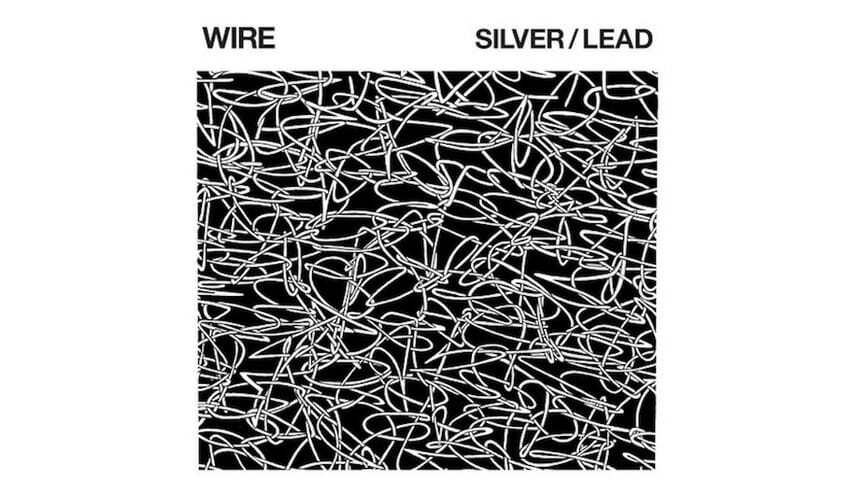Wire: Silver/Lead

The key to any band’s longevity is consistency, both within a discography and within an individual record. Every album and every song needs to be tinged with a degree of effortlessness matched with constant evolution. In the case of British post-punk legends Wire, none of their records sound identical to anything else in their catalog, yet all of them exist within the same sonic universe. One in which the best of every trend in British alternative music since the late ‘70s is personalized by this band in such a way as to make it sound like they came up with it first and do it better than almost anyone else.
That shouldn’t be surprising. They started their career leading the vanguard for punk and helped post-punk take its first steps by releasing defining records of both genres—Pink Flag and Chairs Missing respectively. But their third record, 154, is what cemented the reasons Wire has been such a powerful force for four decades. It’s also the album that their latest, Silver/Lead, has the most in common with.
Both feel like the final chapter in a trilogy, incorporating the best of the prior two installments while making some new moves of their own. On 154, it was the mashup of raucous power-chord punk and post-punk experimentalism with new synth and guitar sounds that still make the record sound pretty modern today. For Silver/Lead, it’s a wedding between the hushed tones of their eponymous 2015 release and the catchy-as-hell hooks of 2016’s Nocturnal Koreans. And like 154, it sounds haunted to the core.
-

-

-

-

-

-

-

-

-

-

-

-

-

-

-

-

-

-

-

-

-

-

-

-

-

-

-

-

-

-

-

-

-

-

-

-

-

-

-

-








































